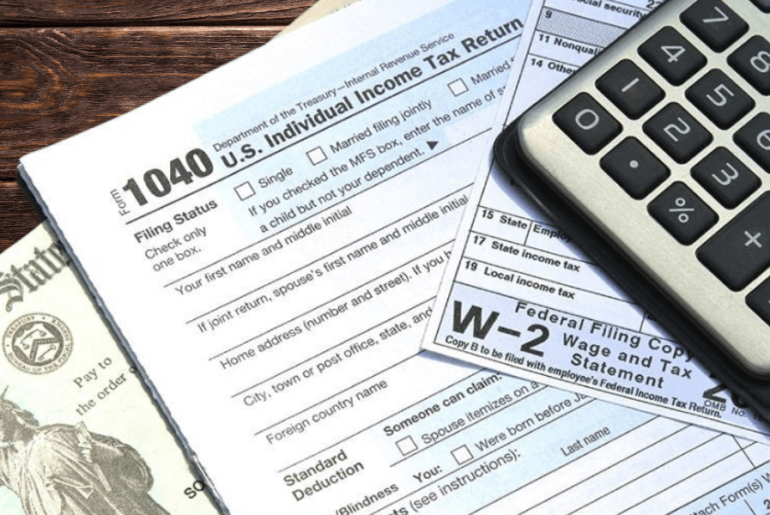Getting a head start on your taxes is a smart move that can save you time and hassle. By organizing your information and forms early, you make the filing process smoother and speed up your 2024 tax refund. If you’re unsure whether to file or are confused about the required documents, this guide will answer common questions about the tax season. Start filing now to make things easier for yourself!
Next, we will answer some common questions about this year’s tax season:
- When does the tax season start?
- What is the deadline to file taxes this year?
- Who needs to file taxes?
- When can I expect to receive my 2024 tax refund?
- Where can I file my taxes for free?
- What are key dates and tips to remember?
When does the tax season start?
Tax season is when individuals and businesses file their income tax returns. The Internal Revenue Service (IRS) will start to accept tax returns from the 2023 tax year on January 29, 2024. During this time, people report their income, deductions, and credits to determine the amount of taxes owed or refunded.
What is the deadline to file taxes this year?
For individuals, the last day to file your 2023 taxes without an extension is April 15, 2024, unless extended because of a state holiday.
Who needs to file taxes?
Whether or not you need to file a federal income tax return depends on your income level., You might not be required to file if your income falls below a specific amount. However, even if your income is under the filing threshold, you can still choose to file a return to claim refundable tax credits or receive a tax refund., You can utilize the IRS online tool to determine if you need to file.
For people without papers (undocumented), it’s important to get an Individual Taxpayer Identification Number (ITIN) for tax filing. If you’re earning income and don’t have a Social Security Number, you can obtain or renew your ITIN. The Internal Revenue Service (IRS) mandates all individuals, regardless of immigration status, to fulfill their tax obligations. Click HERE for more information on how to obtain or renew your ITIN.
When can I expect to receive my tax refund?
The IRS indicates that refunds are typically processed within 21 calendar days from the filing date for most taxpayers who file online. If you opt for filing by mail, the processing time is approximately four to six weeks.
The IRS offers a “Where’s My Refund?” tool on their website to track the status of your tax refund. You can also check your tax refund status by calling the automated refund hotline at 800-829-1954 or speaking with an agent at 800-829-1040.
Where can I file my taxes for free?
You can receive free assistance with your taxes through any of the following programs if you meet the eligibility criteria:
- Volunteer Income Tax Assistance (VITA) Program: The IRS offers free tax return preparation through the VITA Program. Qualified individuals can benefit from the expertise of trained staff and volunteers in tax law. Click HERE for eligibility details.
- Tax Counseling for Seniors (TCE) Program: If you are 60 years or older, you can participate in the Tax Counseling for Seniors (TCE) program, which offers e free assistance with your tax preparation. Click HERE for more information.
- FreeTaxUSA.com provides free online tax return preparation for individuals who meet the qualifying criteria.
- IRS Free File Feature: Explore the IRS Free File feature for free online income-based options.
What are key dates and tips to remember?
- Collect essential documents like W-2s, 1099s, and receipts early in the tax season. This proactive approach streamlines the filing process and ensures you have all the necessary information.
- Explore available tax credits, such as the Child Tax Credit or Earned Income Tax Credit. Identifying and utilizing these credits can significantly enhance your refund.
- Keep yourself informed about any tax laws or regulation changes that may impact your filing. Staying up-to-date ensures you’re aware of new opportunities or requirements.
- Start your tax preparation early to avoid the last-minute rush. Beginning the process in advance reduces the likelihood of errors and ensures a smoother filing experience.
- Opt for electronic filing, which is often faster and more accurate than paper filing. Additionally, filing electronically can expedite the processing of your refund.
Key Dates to Remember:
- Date to start filing: January 29, 2024
- Last day to file (without filing for an extension): April 15, 2024.

